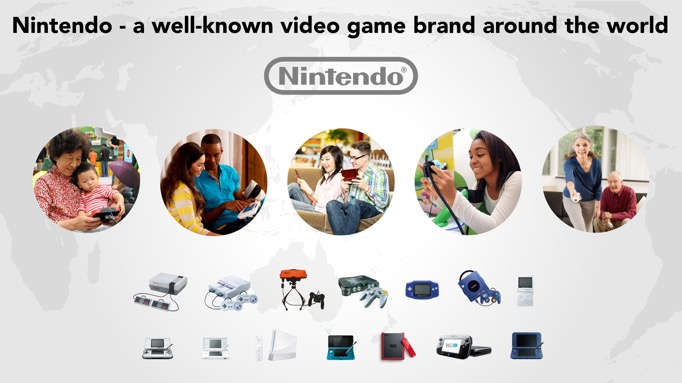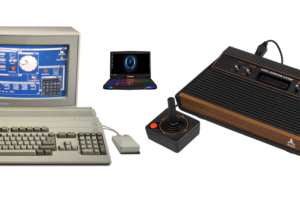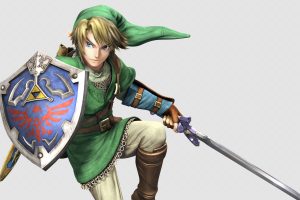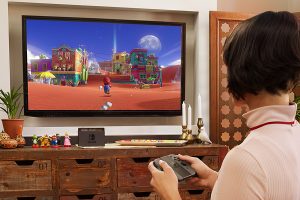There’s an oft-repeated quote, “Railroads thought they were in the railroad business. They didn’t realize they were in the transportation business.” In its simplest interpretation, this means that the delivery mechanism should never take precedence over the bigger picture.
Once Nintendo started the transition in 1983 from primarily arcade machines to their own home platforms, they almost exclusively subscribed to the idea that they were in the “railroad business,” meaning if you wanted to play Nintendo’s games, you needed a Nintendo platform. This model served Nintendo well when their platforms were at or near the top of both mind- and market-share, but not so much when their platforms struggled to gain or maintain traction.
In a joint Nintendo Co., Ltd., DeNA Co., Ltd., Business and Capital Alliance Announcement posted on Nintendo’s Japanese Website, Director and President of Nintendo Co., Ltd., Satoru Iwata, finally acknowledged that it’s time for Nintendo games to appear, without restriction, on other platforms. Initially, it’s only going to be “smart devices,” meaning smartphones and tablets, but that almost certainly doesn’t rule out further expansion if the “experiment” proves successful.
Shareholders should be happy with Nintendo finally realizing, at least partly, that they’re one of the best game developers in the world and, as such, are best served by showcasing their talents on as many mainstream platforms as possible. This is in stark contrast to Sony and Microsoft, of course, both of which are in the platform business, be it PlayStation, Xbox, or Windows. To them, platform matters because platform is what they’re best at.
Despite Nintendo’s vehement protests to the contrary, the call for Nintendo to diversify beyond their own platforms clearly resonated within the company. I believe this was highlighted by Nintendo’s continued success with merchandising of their famous IPs and the positive response to their amiibo line of figures despite the relatively tepid response to their Wii U console and dwindling relevance for the otherwise popular 3DS. Even if Nintendo didn’t want to acknowledge it, their own recent game releases, which, these days, almost always features a prominent IP from their stable and is often a continuation of a previous game in a long running series, highlighted how their path to success was paved by familiarity. What I mean by this is that the primary reason to get a Wii U, for instance, was to get the type of games you knew Nintendo was going to produce. Unfortunately for Nintendo, that wasn’t enough to force the masses to purchase a Wii U, limiting the potential audience for games that people clearly wanted, and thus limiting the potential money Nintendo could make. That limit wasn’t good for Nintendo, who, like every other company on the planet, is in the business of making the most money.
I think Nintendo will do quite well with this initiative, and perhaps it points to a future where Nintendo is not quite so stubborn as they’ve classically been. Who knows, this newfound flexibility in their business plan might even result in better hardware from them in the future. Even if they don’t release another console after the Wii U, I suspect that if they continue to be open to new opportunities in the “transportation business,” they’ll continue to thrive for the decades to come, particularly if they can, without hesitation, bring their game development talents to smartwatches, virtual reality, augmented reality, or whatever else takes hold without having the distraction of being in control of their own platform, which may or may not ever gain traction, leaving the company to focus on the bigger picture and, yes, clearly what they do best.






 Your total news and information resource for all things Science, Technology, Engineering / Mathematics, Art, and Medicine / Health.
Your total news and information resource for all things Science, Technology, Engineering / Mathematics, Art, and Medicine / Health.
Leave a Comment